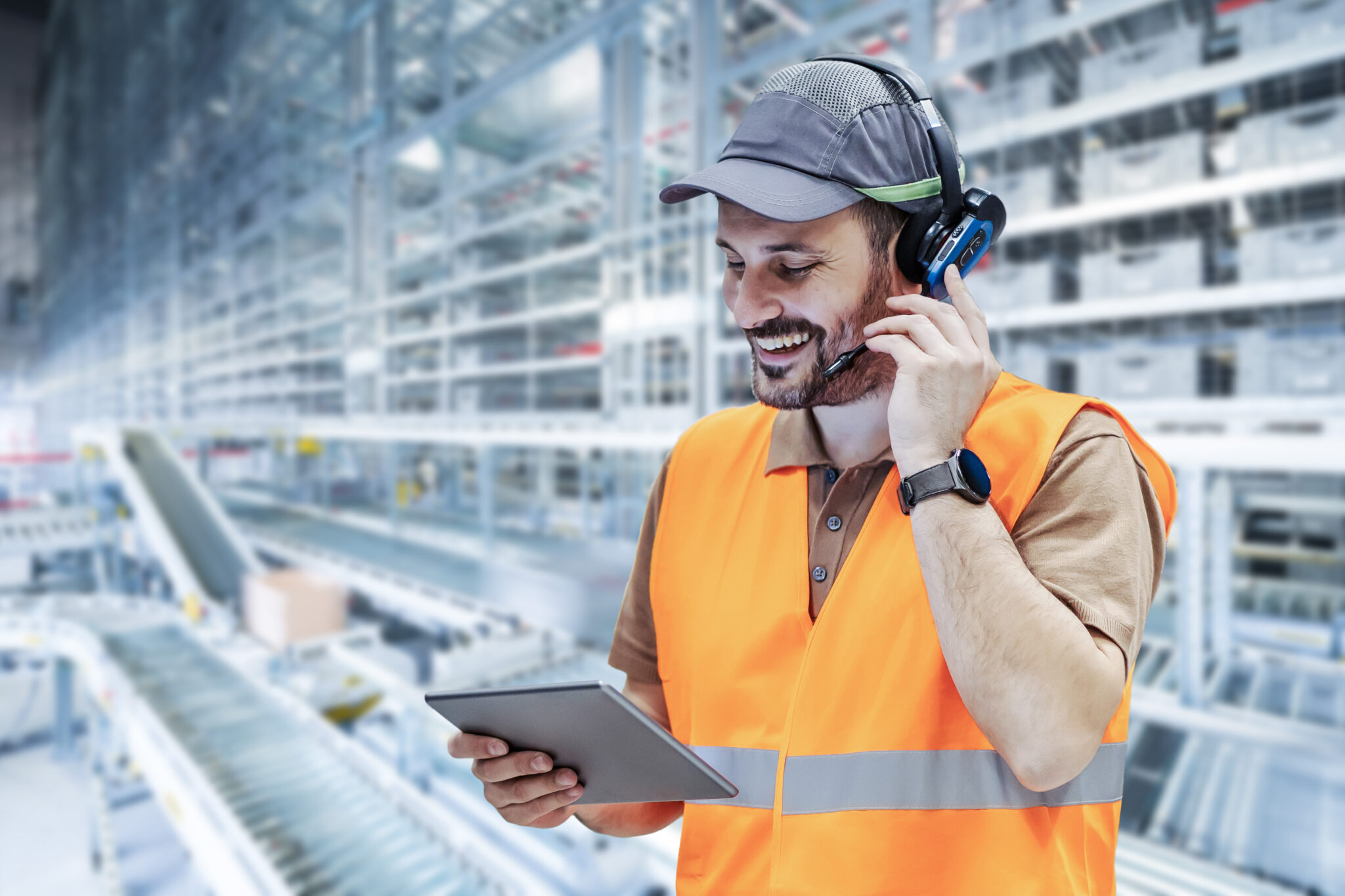RoboK, a University of Cambridge AI spinout, has announced it has secured £1 million UK Research and Innovation (UKRI) funding for a project to deliver an industry-first artificial intelligence (AI) safety and efficiency solution for UK ports and warehouses of all sizes.
PALLETS (which stands for Proactive AI-powered Solutions for Logistics Efficiency, Transparency and Safety), led by Robok, is the result of a recent drive by UKRI to accelerate the adoption of trustworthy and responsible AI and machine learning technologies. Robok’s platform integrates AI with existing CCTV systems, transforming video monitoring into a proactive tool for real-time hazard detection and operational improvements, setting new standards in safety and efficiency across UK logistics hubs. PALLETS, one of 21 projects to successfully secure funding from phase two of UKRI’s ‘Accelerating trustworthy AI’ opportunity, aims to lower AI adoption barriers for the transport and logistics industries while improving transparency and security.
The project also brings together unique expertise from key partners: Astron Fire & Security, Freeport East, Port of Dover, The Finishing Line, The University of Essex, and The Bristol Port Company. This diverse collaboration offers the combined strengths of AI innovation, security infrastructure, port operations, academic research, and logistics expertise. Together, the consortium seeks to tackle significant industry challenges including hazard detection and operational bottlenecks in a secure and trusted manner. The project concludes at the end of March 2025 and is poised to set new benchmarks in AI-driven safety and efficiency for the UK’s logistics and transport sectors.
Hao Zheng (pictured), Founder & CEO of RoboK, commented, “PALLETS aligns perfectly with RoboK’s vision to create safer and more efficient industrial workplaces. We are honoured to collaborate with key industry partners on a project of such strategic importance to the UK economy.”
Steve Beel, CEO of Freeport East commented “Freeport East is delighted to be involved in PALLETS. This demonstrates our role acting as a convenor, making linkages to progress innovative applications and technologies in the ports and logistics sector.”
Mark Burton, Head of IT at the Port of Dover said: “We’re really pleased with the progress being made in our work with RoboK on the PALLETS initiative. The early results are very positive, and we’ve gained some helpful insights into how computer vision might support our operational goals moving forward and also sparked new ideas about how we can apply this technology across different areas of our business.”
Holly Leonard, Innovation Partnerships Manager at the University of Essex said: “The University is proud to be collaborating with partners to deliver PALLETS, which will fast-track AI solutions into the logistics sector. Essex researchers in AI and cyber security will have the opportunity to contribute to the development of novel solutions which will deliver automation and efficiencies in a complex environment. These solutions will lead to significant efficiencies for logistics firms, which will have a positive economic and environmental impact.”
David Brown, Chief Executive at The Bristol Port Company, noted: “Bristol Port is delighted to continue their work with Robok and utilise their expertise with AI to identify potential accidents before they happen. The PALLETS project is enabling The Port to gain an enhanced understanding of how AI can make our business even safer and more efficient. The early results have been most encouraging and we look forward to continuing our partnership.”
similar news
Customs Training Funding Now Available for UK Freight Industry













